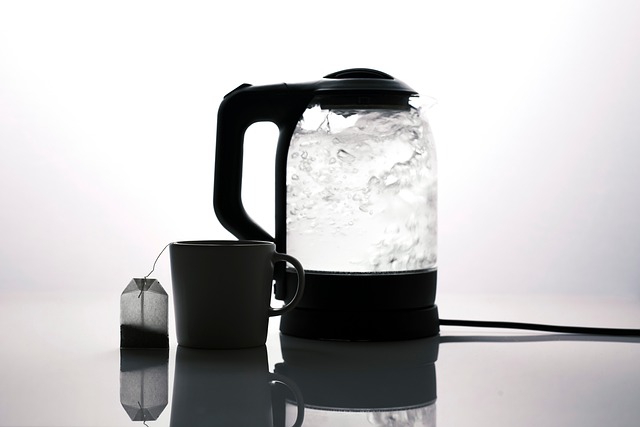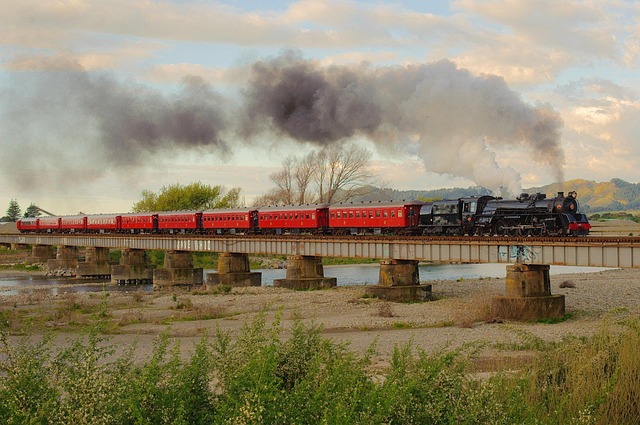Homeowners often ignore water heater inefficiencies until bills surge or water temperature drops, indicating aging signs like high energy consumption, lukewarm water, and mineral buildup. Early recognition of these signs can save money, prevent breakdowns, and encourage the consideration of energy-efficient newer models. If your energy bills are high despite normal usage, the heater cycles frequently, or you notice visible corrosion or leaks, it may be time for a replacement ("Signs You Need a New Water Heater"), as inefficient heating and fluctuating hot water supply suggest diminished performance.
Is your water heater running up your energy bills and leaving you with lukewarm water? It might be time to scrutinize its efficiency. This article guides you through the process of identifying energy wastage, signs of an aging heater, and the benefits of modern, energy-efficient technology.
Learn about rising utility costs, unusual heating patterns, and noise indicators that signal a need for a potential upgrade. Discover how new water heaters can save money and reduce environmental impact, offering long-term advantages and hot water security.
- Identifying Inefficient Energy Usage
- – High energy bills and rising utility costs
- – Unusually high water heating times
Identifying Inefficient Energy Usage

Many homeowners may not realize that their water heater is inefficiently using energy until it’s too late. Identifying signs of inefficiency early on can save you money and help you avoid unexpected repairs or replacements. One of the most obvious indicators is an increased energy bill, especially during peak heating seasons. If your water heating costs have skyrocketed without any noticeable change in usage patterns, it could be a red flag.
Another crucial sign to look out for is lukewarm water. Even when setting the thermostat to hot, if you consistently receive tepid water, it suggests that your water heater isn’t functioning optimally. Age also plays a significant role; older water heaters tend to lose efficiency over time due to mineral buildup and worn-out parts. If your unit is more than 10 years old, it might be wise to consider Signs You Need a New Water Heater, as newer models offer advanced energy-saving features.
– High energy bills and rising utility costs

If your water heater is an older model, it could be contributing to high energy bills and rising utility costs. Modern water heaters are designed with energy efficiency in mind, using advanced technology to heat water more effectively. If your bills are consistently high despite typical usage patterns, it might be a sign that your current water heater is not as efficient as it should be.
One of the clearest signs you need a new water heater is if your unit is frequently turning on and off, leading to excessive energy consumption. Old heaters often struggle to maintain a consistent temperature, resulting in frequent cycling. This not only wastes energy but can also shorten the life of your heater. Additionally, look out for visible signs of corrosion or leaks, as these could indicate damage that requires a replacement water heater.
– Unusually high water heating times

If your water heater is taking longer than usual to heat your water, it could be a sign that it’s not functioning efficiently. Unusually high water heating times are one of the clearest indications that your water heater may be wasting energy and money. This isn’t just about a slow hot water flow; it also includes noticing prolonged heating cycles even when you’re only using small amounts of hot water.
When your water heater struggles to maintain temperature, it often results in frequent on and off cycles. These repeated cycling not only shorten the appliance’s lifespan but also increase energy consumption. If you’ve observed that your water takes a long time to heat up or that your hot water supply fluctuates, these could be Signs You Need a New Water Heater.
If your water heater is consistently running longer than necessary, causing unexpected spikes in energy bills, it may be time to consider signs you need a new water heater. By recognizing inefficient energy usage, such as unusually high water heating times and rising utility costs, you can take proactive steps to save money and reduce your environmental footprint. Upgrading to a more energy-efficient model could be the game changer you need, ensuring hot water without unnecessary expense.
